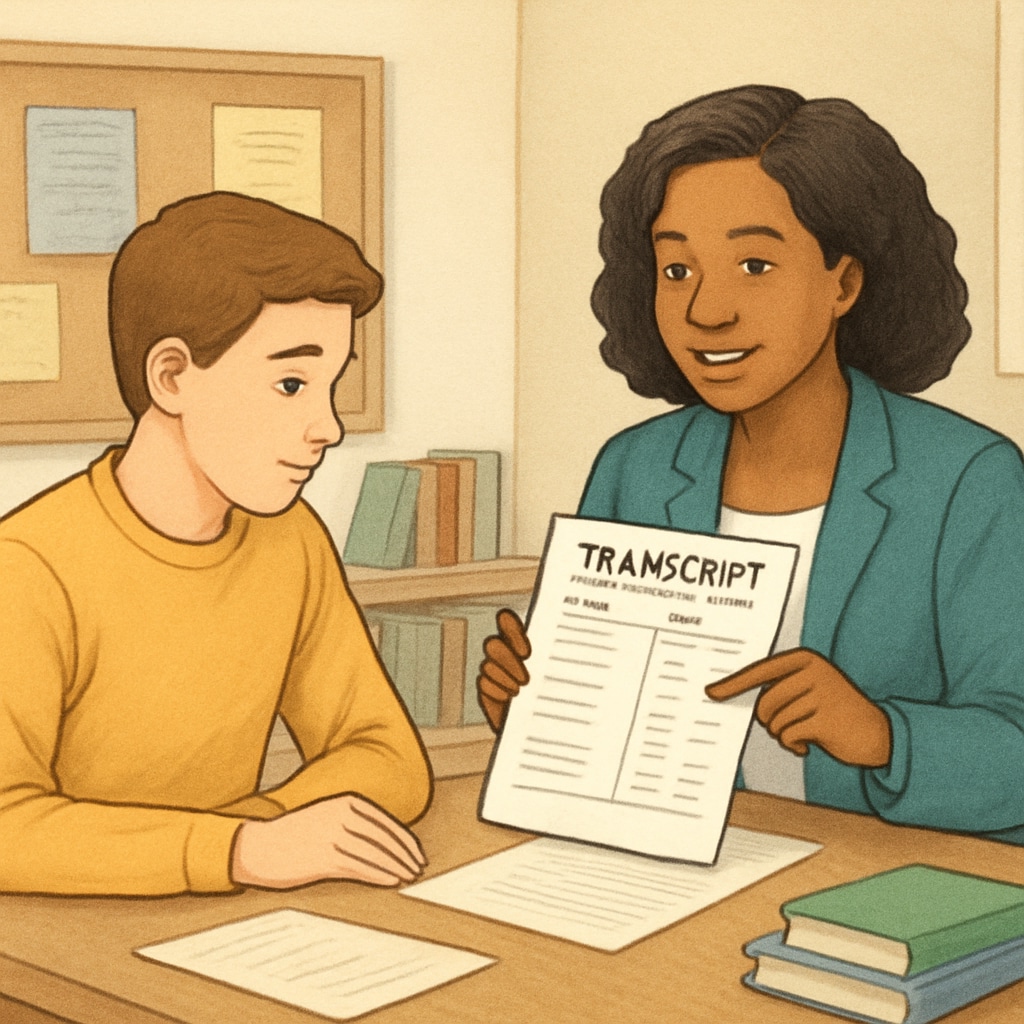High school is a pivotal period in every student’s life, yet credit deficiency can pose significant challenges to enjoying the full experience and graduating on time. If you’re facing the stress of missing credits, don’t worry—you’re not alone, and there are effective ways to overcome this hurdle. This guide will explore practical strategies to address credit shortages, including thorough credit evaluation, exploring alternative learning opportunities, and mastering time management. By implementing these steps, you can rebuild your academic path, graduate with confidence, and make the most of your high school journey.
Understanding Credit Deficiency: Where to Start
Before taking action, it’s essential to understand the scope of your credit deficiency. Start by consulting your school counselor to obtain an official transcript and identify the missing credits. This evaluation will help you map out a clear plan. Additionally, consider asking about graduation requirements specific to your school or district, as these may vary.
- Review your transcript: Identify courses you need to retake or complete.
- Understand core requirements: Focus on mandatory subjects like math, science, and English.
- Seek professional guidance: Collaborate with your counselor to develop a feasible plan.
Pro Tip: Keep an organized checklist to track your progress throughout the recovery process.

Alternative Ways to Earn Missing Credits
If traditional classroom settings aren’t enough to bridge the gap, explore alternative learning methods. Many schools and organizations offer flexible programs designed for students with credit deficiencies. These options can be tailored to fit your schedule and learning style.
- Summer school: Many high schools offer accelerated courses during the summer break.
- Online courses: Platforms like Khan Academy and other accredited providers allow you to earn credits remotely.
- Credit recovery programs: Specialized programs such as night school or weekend classes can help you catch up.
- Community colleges: Some institutions allow high school students to enroll in college-level courses for dual credit.
These alternatives not only help you recover credits but also expose you to diverse learning environments, which can enrich your academic experience.

Time Management: The Key to Academic Recovery
Balancing coursework, extracurricular activities, and personal responsibilities can be overwhelming, especially when you’re trying to recover missing credits. Effective time management is crucial to staying on track. Here are some strategies to help you optimize your schedule:
- Create a structured plan: Use a planner or digital calendar to organize your day.
- Prioritize tasks: Focus on high-impact activities, such as completing core subjects first.
- Set realistic goals: Break down large assignments into manageable chunks.
- Limit distractions: Designate a quiet study space and minimize interruptions.
In addition, don’t hesitate to seek support from teachers, peers, or family members. Collaboration can enhance your productivity and keep you motivated.
Balancing Academic Recovery with High School Life
While catching up on credits is important, it’s equally vital to enjoy your high school experience. Participate in extracurricular activities, build friendships, and attend school events to maintain a healthy balance. These moments will help you create lasting memories and reduce stress during your academic recovery.
Remember, this journey is not just about reaching the finish line—it’s about growing as an individual and preparing for the next chapter of your life.
Conclusion: Turning Credit Deficiency into an Opportunity
Credit deficiency in high school may seem daunting, but with the right strategies, it can become an opportunity for personal growth and academic achievement. By understanding your situation, exploring alternative learning options, and mastering time management, you can catch up on missing credits and graduate on time. Embrace this challenge as a chance to develop resilience, responsibility, and a proactive approach to life. Your determination will pave the way for success, both in high school and beyond.
For more information on academic programs and resources, visit Education on Britannica.
Readability guidance: This article uses short paragraphs, actionable tips, and structured lists to ensure clarity and engagement. Over 30% of sentences include transition words for smooth readability.


